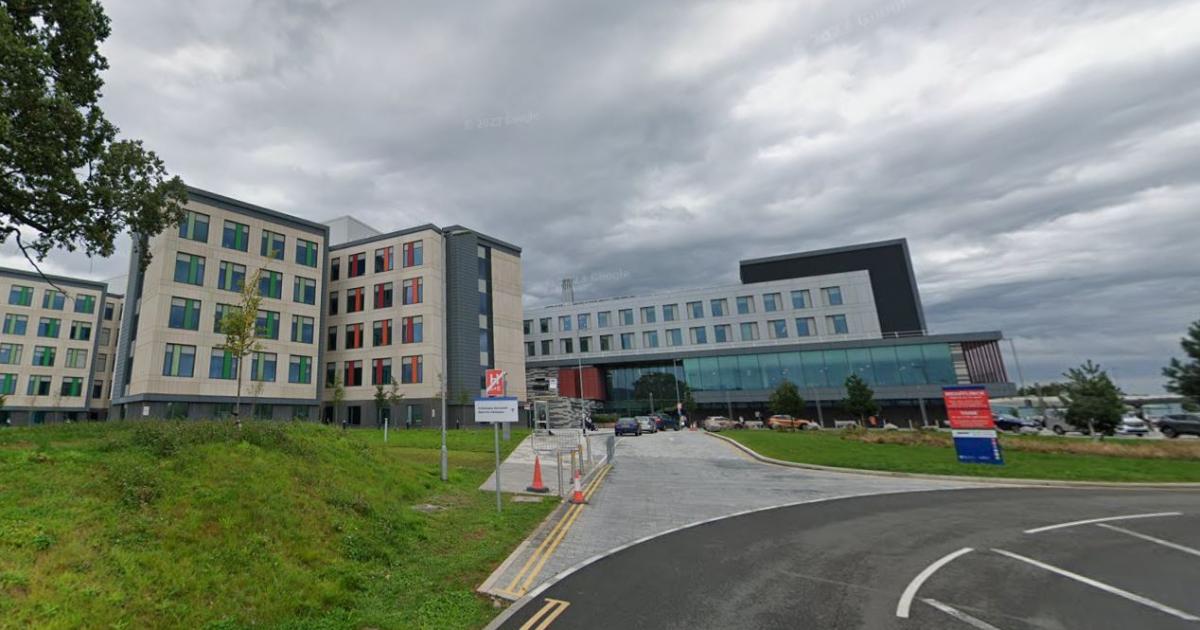Audit Wales said around 250 patients were faced with a discharge delay each month in the year to February 2024, equating to around “£27.8 million of NHS resource”.
Patient flow is having particular impacts in the region’s emergency department and stroke wards, according to the report.
Regional delays are down to several factors including more complex demands from an ageing population, workforce shortages in health and social care, and waits for assessments.
In Caerphilly County Borough, the auditors found the most common reason for delayed discharge involved waits for residential care home managers to visit and assess patients.
Audit Wales also said the issue of unplanned short-term care home stays “does merit some attention” in Caerphilly, when compared to other parts of the health board area.
Welsh Government figures show the per capita number of adults waiting three months or longer in a care home, with no planned end date, is higher in Caerphilly than both the national average and the four other local authorities in Gwent.
At a council scrutiny meeting, on Tuesday July 15, Cllr Elaine Forehead, cabinet member for social services, said figures for delayed discharges had improved since the report and Gwent was “one of the best-performing regions”.
Audit Wales’ Bethan Hopkins told the committee the report outlined 11 recommendations to the health board and councils.
These regional recommendations include better training and guidance on discharge planning, embedding discharge policies for seven days a week, and improving the quality and sharing of information.
Councils should also “routinely” take feedback from patients and staff, Audit Wales said.
The auditors also noted good practice, and found the number of social care assessments completed in Caerphilly was the second highest in Wales.
They said this may be down to council staff being integrated with a health board frailty team, and “actively seeking out and case managing people to speed up assessment and discharge from the emergency departments”.
The auditors also commended practice at Ysbyty Ystrad Fawr, in Ystrad Mynach, which they believed should be rolled out elsewhere.
“Staff at Ysbyty Ystrad Fawr have access to the local authority data which allows them to see which care packages are being assessed and coordinated and keep up to date with progress,” the auditors said.
“It is not clear why this is not standard across all hospital sites as it is seen as a positive tool by staff for driving effective discharge and communicating with patients and families.”
Following the council meeting, a spokesperson for Aneurin Bevan University Health Board said: “We welcome the Audit Wales report and remain committed to working closely with our local authority partners to improve patient flow across the Gwent region.
“We recognise the significant impact that delayed discharges have on patients and the wider healthcare system, and we are addressing the challenges highlighted, including workforce, digital systems and discharge processes.
“Once a patient no longer requires hospital treatment, the best place for them to recover is in a community setting, at home or in suitable residential care—with support from health and care services and, where possible, families.”
